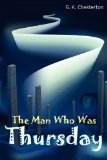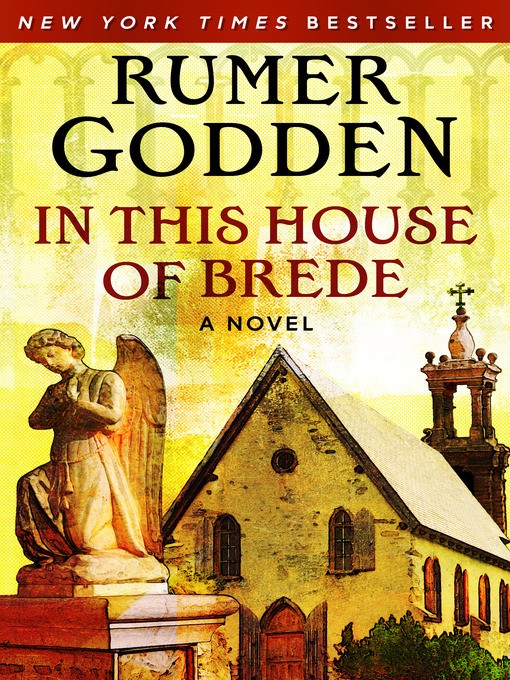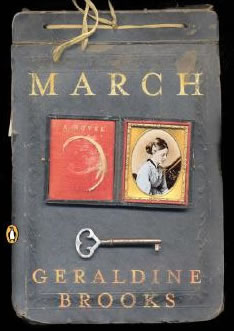The Man who was Thursday
 I get cranky with books that are heavily allegorical. Something in me says irritably, “If you have a message this specific, just say it. Why try to hide it in a story?” J.R.R. Tolkien wrote, “I cordially dislike allegory in all its manifestations, and always have done since I grew old and wary enough to detect its presence.” I’m not quite that committed. I like the Narnia books, after all, and even Pilgrim’s Progress. Maybe it’s not when it’s allegory, but when it goes over my head, that I get cranky…
I get cranky with books that are heavily allegorical. Something in me says irritably, “If you have a message this specific, just say it. Why try to hide it in a story?” J.R.R. Tolkien wrote, “I cordially dislike allegory in all its manifestations, and always have done since I grew old and wary enough to detect its presence.” I’m not quite that committed. I like the Narnia books, after all, and even Pilgrim’s Progress. Maybe it’s not when it’s allegory, but when it goes over my head, that I get cranky…
But I digress. The point is that I’ve tried several times in the past to read Chesterton’s The Man Who was Thursday, most recently last summer, and gave up (so I thought) for the last time. But then I read reviews at Semicolon, and more recently at Hope Is the Word, and against my will felt the desire to try again.
This time, I finished it. I took a deep breath, dove in where I left off a few months ago, and churned across the finish line like an olympic swimmer.
And I’m glad I did.
It seemed to get better and better. I won’t pretend to understand it perfectly, but the shimmers and thrills of meaning that did flicker through were deeply satisfying.
Some have called this an allegorical rendition of the book of Job. Chesterton himself called it, insistently, “A Nightmare” in his subtitle and in subsequent comments about it. My version of the book included an excerpt of an article he wrote for the Illustrated London News in which he mentions this book:
It was not intended to describe the real world as it was, or as I thought it was, even when my thoughts were considerably less settled than they are now. It was intended to describe the world of wild doubt and despair which the pessimists were generally describing at that date; with just a gleam of hope in some double meaning of the doubt, which even the pessimists felt in some fitful fashion.
It is very dreamlike, and once I accepted that and could laugh at the absurdity and wit, to me it conveyed glitters and scents of truth. I loved the continual overturning of expectations. It works better if I don’t get carried away trying to analyze too much. However, here were a few things I noticed and appreciated:
- Many pursuits: the professor pursues Syme, the secretary pursues the anarchists, everyone pursues Sunday in that wild culminating chase, and in a sense maybe Sunday pursues everyone else;
- Complaints and accusations are given voice at the end in a hearing with plenty of symbolic and textual linking to Job; there were links to Job throughout, actually.
- Philosophy as an inadequate attempt to “know” God. Just this morning I read a passage in Wendell Berry’s essay “Going to Work” pointing out that H2O “is a fact about water; it is not water. A person who had never seen water could not recognize it, much less recognize ice or steam, from knowing the formula… Water is water because it is the absolute sum of all the facts about itself, and it would be itself whether or not humans knew all the facts.” The same with Sunday, who calls himself “the Peace of God.” None of them can explain him, but he’s the sum of all the facts they notice about him.
It’s the kind of book that I could quote endlessly and muse over in writing, but I’d rather just “ponder it in my heart” and recommend it. In the broadest sense, to me it was about how the peace of God is not found in rational explanation, but in joyous embrace of the goodness and mystery of Creation — its more ferocious aspects included, and suffering included. As Sunday himself points out, our complaints about suffering are nothing to what God suffered in the atonement.


